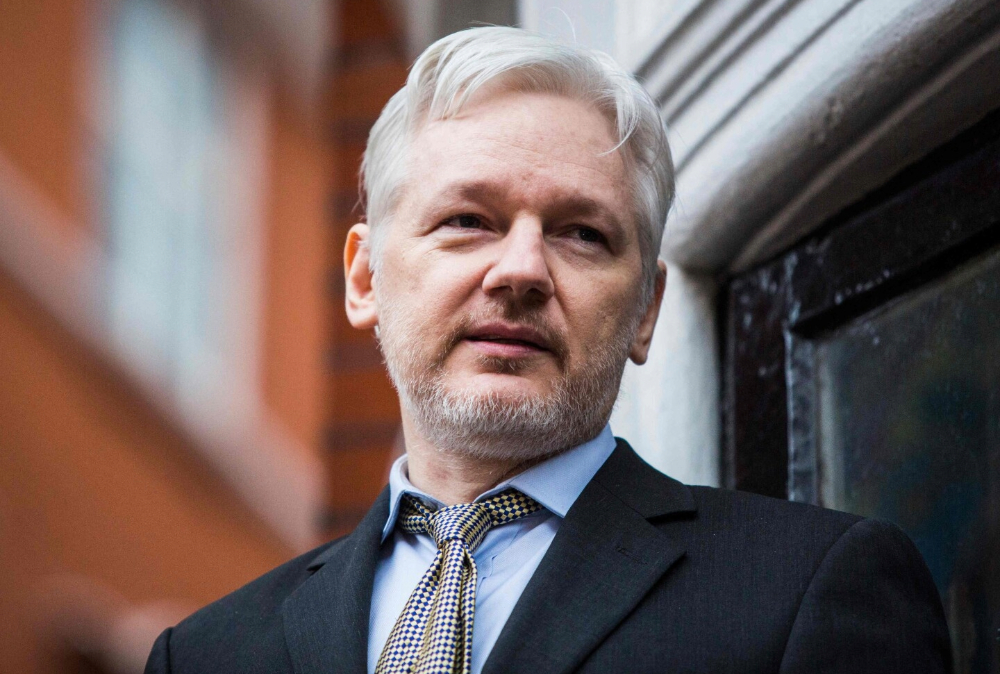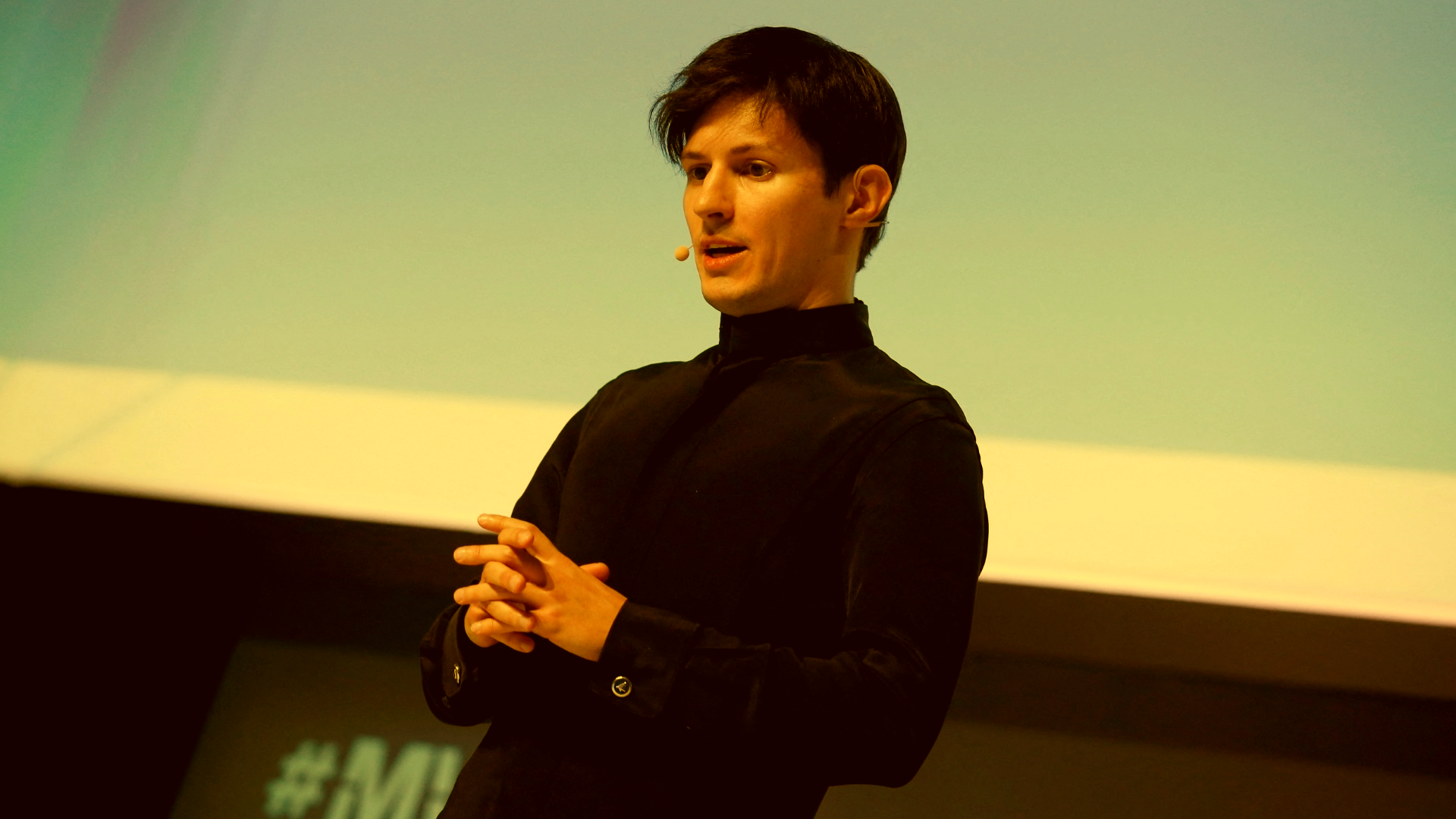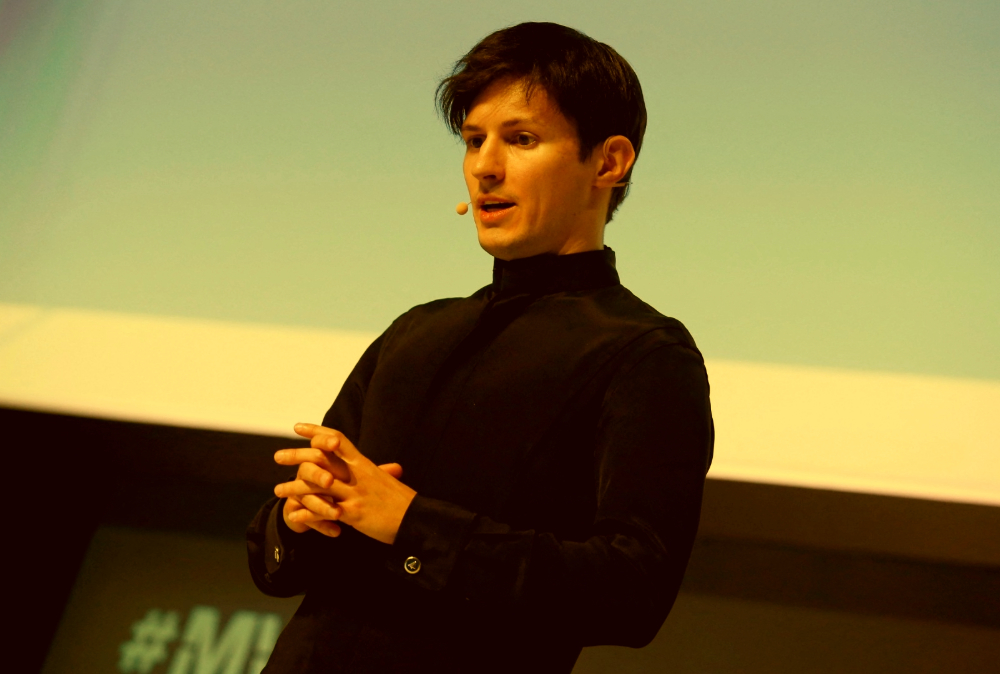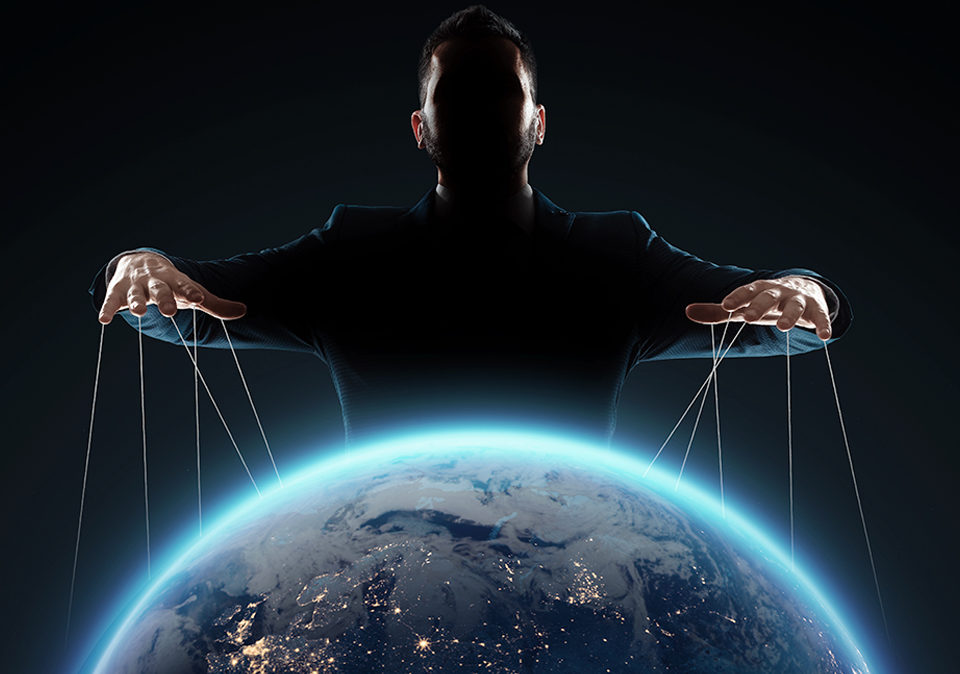
Freedom and reparation for Julian Assange
25 June, 2024
International Identity Day: A Tool for Control
8 October, 2024
9 September, 2024
Pavel Durov, an enigmatic figure to some and a true Humanist warrior to many, has become the latest casualty in the global crusade against online privacy. His arrest and release 4 days later in France, a European country that prides itself on being a bastion of civil rights, has shaken the foundations of the internet and set off alarms among those who defend freedom of expression.
Durov is a figure who embodies technological rebellion, having always been a thorn in the side of authoritarian governments. His creation, Telegram, became a safe haven for dissidents, journalists, and activists worldwide, thanks to its end-to-end encryption that ensures maximum privacy for communications.
However, the very feature that made him a symbol of freedom has also put him in the crosshairs of those who seek to control information and public discourse. By refusing to betray these principles and resisting demands from governments to trade in Telegram users' data, Durov has shown an unwavering commitment to the integrity of the internet and individual freedoms.
This commitment has come at a high cost. Durov was arrested in France on 24 August and released on bail four days later, after paying a million-dollar bail. Treating someone as a terrorist for defending digital privacy and confidentiality is a clear attempt to instill fear and delegitimize their cause. The rhetoric used to justify his detention is not only disproportionate but also dangerous, setting a troubling precedent where the right to privacy can be viewed as a subversive act.
The accusations: a strategy to silence a rebel
The charges brought against Durov are as broad as they are untenable: complicity in the distribution of paedophilic content, money laundering, failure to cooperate against terrorist groups, and the list goes on. These accusations seem more like a pretext to silence an inconvenient dissident than a case based on solid evidence. Telegram's refusal to cooperate with authorities in handing over user data—a fundamental principle for safeguarding user rights—has become the primary justification for pursuing its founder, who is currently under house arrest, as if he were the worst of criminals.
In a letter published on his social media on 6 September, Durov thanks the support he has received from thousands of people around the world and exposes the contradictions of those responsible for his arrest. The text is a call for calm, in a context in which his role in very serious cases has been greatly exaggerated.
While highlighting the difficulty of striking a balance between protecting users' privacy and complying with law enforcement demands, Durov explains that Telegram has tried to draw a clear line between the two. He eloquently acknowledges that Telegram is not perfect and that he is willing to work to improve it, implementing clear channels of contact in case the authorities want to report a problem, for example, but that arresting a company's CEO for damages caused by third parties on a platform he invented is an old, simplistic and innovation-damaging approach.
But what lies behind this persecution? Why does a messaging service represent such a significant threat to established powers? The answer is simple: privacy is the number one enemy of mass surveillance. An internet where communications are encrypted is an internet where governments cannot spy on their citizens, censor dissent, or treat us as fools, which is precisely what they desire.
The contradictions of the "First World"
The irony is that this detention did not occur in a remote and backward dictatorship, but in France, the country of "Liberty, Equality, and Fraternity." France, a nation that prides itself on being a bastion of democratic values and human rights, has shown a darker side by colluding with its major ally, the United States, to suppress one of the last strongholds of free expression in the digital realm. This is not the Europe that has served as a model society for the rest of the world. It is a disgrace.
This act is a direct insult to the values upon which modern democracy was built. France, which should be the foremost defender of free forums of opinion, has become a destroyer of these, controlling and crushing the voice of the people. This action not only attacks Durov but also undermines the foundations of democracy and threatens the future of free expression in Europe.
Durov's detention is a frontal assault on this fundamental principle. It sends a clear message to all tech companies daring to challenge the status quo: either comply with the authorities or be destroyed. It is a looming threat over the future of the internet, a future where free expression and privacy could become relics of the past.
The battle for online privacy is a global struggle. Durov’s detention is merely another episode in this long war. Yet it is an episode that compels us to reflect on the path we are taking. Do we want to live in a world where our communications are constantly monitored, our thoughts are censored, and our fundamental rights are trampled upon?
The answer to this question must be a resounding no. We must defend privacy and freedom of expression with all our might. We must support platforms like Telegram and their creators, who dare to challenge power and uphold our rights. We must demand that our governments leave us alone.
Ravina Shamdasani, spokesperson for the UN Office of Human Rights, has expressed serious concerns about the ramifications of Pavel Durov's arrest, highlighting the complexity of the case. Shamdasani also commented at the end of August following the blocking of X in Brazil. She noted that while governments have a duty to regulate digital platforms, any restrictions must be "proportional and aligned with international human rights standards." In this regard, she supports Musk's position, who precisely outlined the situation by declaring that he would not comply with illegal orders aimed solely at censoring political dissenters.
The hypocrisy of this situation becomes even more evident when comparing the treatment of Durov to that of other tech giants like Mark Zuckerberg. Zuckerberg, whose empire has been involved in countless privacy scandals, misinformation, and data manipulation, has faced no such consequences. While censorship on his platforms is often justified under the euphemism of “content moderation,” Durov is being punished for upholding fundamental rights.
Telegram stands as the epicentre of anti-globalist resistance, much to the chagrin of Western leaders. Pavel Durov, with his intelligence and respect for the individual, has built a stronghold that directly challenges the power magnates, and that’s why they have reason to be worried.
It is crucial to recognise that confidentiality is a protected domain. The idea that it could be optional or revocable based on state or corporate interests is unacceptable.





